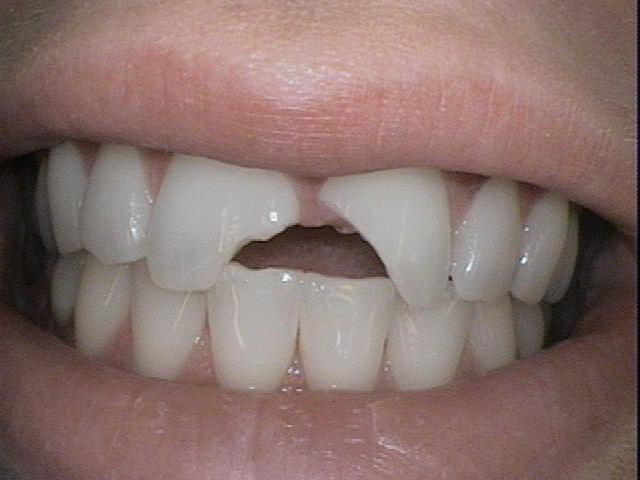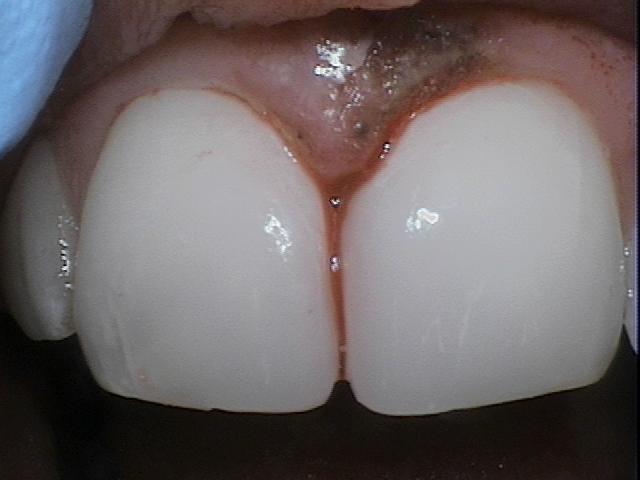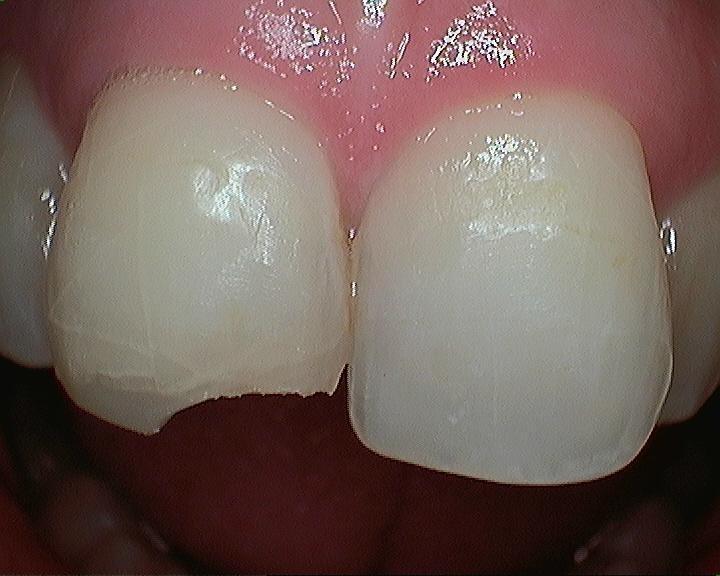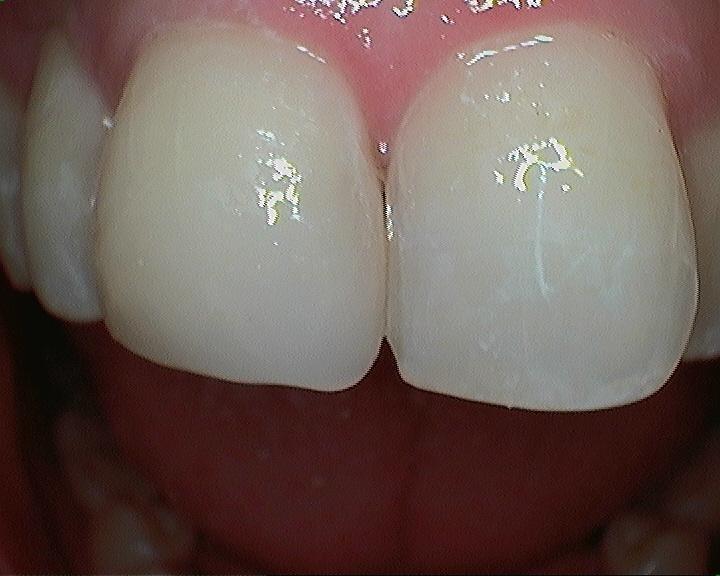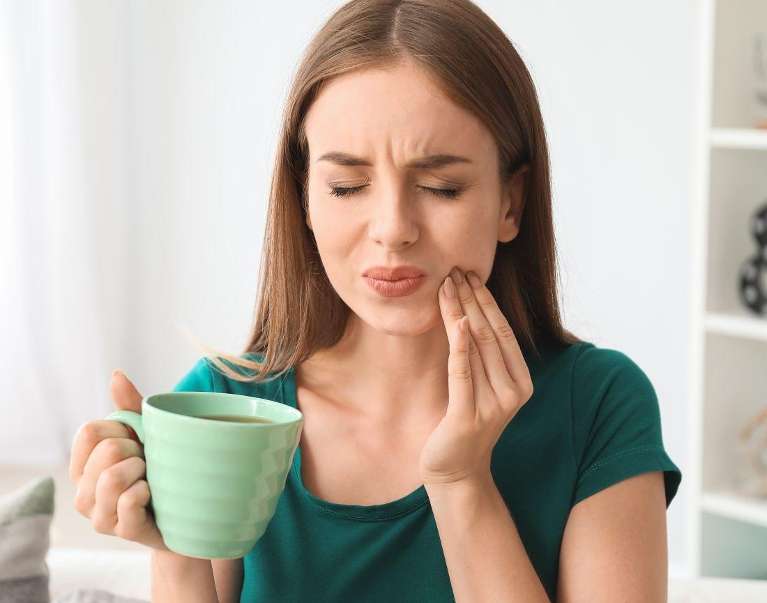Emergency Dentist White Bear Lake MN
Do you have a dental emergency in White Bear Lake, MN?
While dental emergencies are often an unfortunate fact of life, we don't think they should completely derail you.
At White Bear Smiles, we recognize that dental emergencies happen and that they can be frightening. That's why we make room in our schedule to make sure that if you have an emergency, you can be seen and treated promptly. Although we can't guarantee same-day emergency treatment, we can usually provide same-day dental treatment so you can get back to enjoying your life and doing the things you love as soon as possible.
If you have a toothache or other urgent oral health issue, your dentist in White Bear Lake wants to see you as soon as possible. Contact a member of our team to schedule an exam.
Additionally, check out the frequently asked questions below to learn more about dental emergencies and our approach to treatment.
- Am I having a dental emergency?
- Is a root canal treatment a dental emergency?
- What if I knock out a tooth?
- What happens during my emergency dental appointment?
Am I having a dental emergency?
 Are you in pain? If so, then that's an emergency. Pain is usually one of the first indicators that something is wrong, and it's a message from your body that you shouldn't ignore. In fact, waiting it out can mean more extensive treatment later on, and it can even cost you your smile.
Are you in pain? If so, then that's an emergency. Pain is usually one of the first indicators that something is wrong, and it's a message from your body that you shouldn't ignore. In fact, waiting it out can mean more extensive treatment later on, and it can even cost you your smile.
Pain could be the result of obvious trauma, like a broken tooth, or it could be a sign that you have developed an infection that requires immediate attention. Pain may also indicate that you have a cavity or gum disease.
It is, of course, possible to have an emergency and not be in pain. If damage to the tooth has resulted in a dead nerve, then you might not be hurting. Infections can also destroy the nerve, and the pain may stop. Unfortunately, this can lead patients to think that the problem is gone – until the infection moves on to the next tooth.
The bottom line? If you are dealing with any of these issues, please call our dental office right away:
- Sudden tooth or jaw pain
- Throbbing or extreme sensitivity to heat, cold, or pressure
- A "pimple" on your gum
- A broken, cracked, or fractured tooth
- A tooth knocked loose or completely out of its socket
- A lost filling, crown, or other restoration
- Food or other debris lodged in the gum tissue that can't be removed by brushing or flossing
- Injury to the soft tissues of the mouth
If you are experiencing an unusual symptom, call us. We'll ask the right questions to determine whether or not you are having an emergency.
Please note – we are not equipped to handle medical emergencies. If you have fractured a bone, are experiencing bleeding that won't stop, or have lost consciousness, please go to the emergency room first.
Is a root canal treatment a dental emergency?
If you have suffered trauma to your tooth—past or present—you may require root canal therapy. If you have a root infection, root canal treatment is the best treatment and saves the tooth from extraction.
A root infection can be painful, but sometimes your dentist finds the infection during a routine exam before the pain shows up. In some cases, if the nerve is dead, you will never experience pain. However, the root infection itself is a dental emergency no matter the pain level because the infection can spread, cost you the tooth, surrounding teeth, and even compromise your overall wellness.
If you do have symptoms, you may notice a blister on the gum, toothache, and swelling.
Our emergency dentists in White Bear Lake are gentle and provide comfortable dentistry for patients of all ages. If you need a root canal, it is a very straightforward procedure that does not take very long.
We numb the area, gently extract the troublesome root and surrounding pulp from the tooth, and close with a healing agent and temporary filling. Later, we provide a permanent filling or a dental crown. A crown is a protective jacket that goes over the tooth, specifically if weakened by trauma or infection. It is customized to match your surrounding teeth.









 your mouth gently with a glass of warm water mixed with a 1/2 teaspoon of salt. You can do this 3-4 times a day, especially after meals.
your mouth gently with a glass of warm water mixed with a 1/2 teaspoon of salt. You can do this 3-4 times a day, especially after meals.




